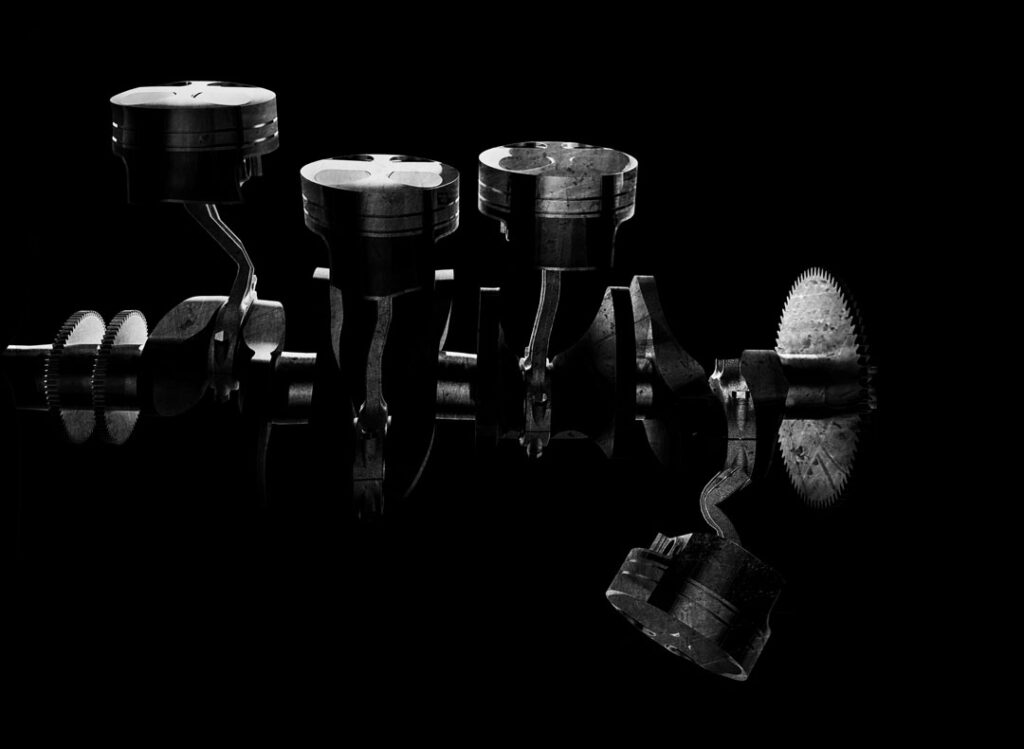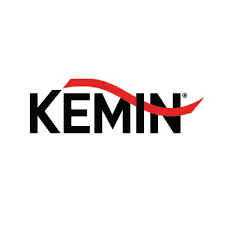Building a jack-of-all-trades rail transloading facility in Des Moines
Owners hope they can fast-track development for a 2020 opening

JOE GARDYASZ Feb 20, 2020 | 8:20 pm
5 min read time
1,195 wordsBusiness Record Insider, Manufacturing, TransportationLess than a year ago, Paul Cownie received a phone call from a longtime friend, Des Moines City Councilman Joe Gatto, asking if Cownie might be interested in taking ownership of a long-needed rail transloading facility for Greater Des Moines. For years, the project had been floundering for lack of a quality operator to take charge of it, and a third try to secure an operator for the facility had just fallen through.
After getting that call, Cownie’s first phone call was to Gabe Claypool, whom Cownie had known for years through their connections in the railroad world. The two quickly determined that the proposed project — which continues to be a top priority of the Greater Des Moines Partnership — “had legs.”
For the past 11 months, the two seasoned logistics executives have arguably moved the long-delayed Des Moines transload facility project off of the proverbial siding and onto a fast track for development. As 50-50 owners in the project, the partners say they’re highly motivated to get the facility approved, built and into operation before the end of this year.
“We looked at it,” Cownie recalled, “and said yes, this thing has legs; yes, this is an exciting opportunity; and yes, this is the right time to do something like this in Des Moines.”
The proposed project represents a golden opportunity for the Central Iowa region by providing shippers with access from a single location to three major railroads — BNSF Railway Co., Norfolk Southern Railway and Union Pacific Railway — as well as the regional Iowa Interstate Railroad. Located less than a mile from Interstate 235, the site provides ready access to both Interstate 80 and Interstate 35 for truckloads of materials coming to or from the facility on a narrow strip of land located at 200 E. 15th St.
Together, Cownie and Claypool formed Des Moines Industrial LLC, which is now in the midst of planning the development of a 40-acre patch of raw industrial land, just southeast of the East Village on the north side of East Martin Luther King Jr. Parkway, into a multiuse facility for rail-truck transloading and warehousing. Cownie’s father, incidentally, is Des Moines businessman Jim Cownie.
“This is not a one-commodity opportunity, because there isn’t an obvious anchor such as an ethanol plant or a grain elevator,” Claypool said. “This is going to be [built upon] a lot of smaller deals. So we’re not talking about 2,000 cars of grain leaving here on an annual basis. We’re building this as agnostic as possible from a commodities perspective.”
“We’re building it to touch as many different industries as possible,” Cownie added, “whether that’s our National Guard with heavy machinery, whether it’s an aggregate company that needs a laydown area to store rock or rock salt or calcium for the Iowa DOTs and the Des Moines Water Works of the world.”
The facility’s site plan, which received approval earlier this month from the city of Des Moines’ Urban Design Review Board, includes a proposal for a 115,000-square-foot warehouse.
The site will also be equipped with “laydown yards” for storing bulk shipments of aggregate, rocks and other similar road-building materials, which the partners see as a prime function for the multiuse facility. Parking areas for rolling freight such as tractors, combines and other heavy equipment will be another key component of the facility. The Iowa National Guard is among the organizations that have written letters of support to potentially use the facility.
Cownie and Claypool believe the timing for the project is particularly opportune with the planned development of the adjacent Market District and other pending large construction projects as Greater Des Moines continues to grow.
Des Moines Industrial’s partners estimate the total project cost as more than $20 million. Of that amount, about $13 million has been funded, including an $11.2 million federal BUILD [Better Utilizing Investments to Leverage Development] grant and another $1.7 million from the state railroad revolving loan fund. The balance of the project will be financed through traditional debt and private ownership shares, Cownie said.
The Des Moines Area Metropolitan Planning Organization has been trying to get the project underway for at least the past eight years. The past couple of years have seen some particularly heartbreaking starts and stops in the effort.
In September 2018, the Des Moines Area Metropolitan Planning Organization’s executive committee terminated its agreement with a Nebraska-based company it had contracted with to operate the transload facility. This came shortly after the committee learned that the company’s owner, Steven Braithwaite, had been indicted by a grand jury in relation to safety violations leading to a fatal explosion at a railcar cleaning operation he owned in Omaha.
The MPO went back to the drawing board and in spring 2019 considered two other potential operators. One, Denver-based OmniTRAX, withdrew its bid on the project after it was unable to locate an anchor tenant for it. Subsequently, another potential operator, Texas-based Alliance Construction Specialties, also pulled out of the project.
Cownie and Claypool had been following the project for several years as these ups and downs unfolded, and gave it a critical look after that phone call in March 2019.
The partners quickly determined that they were going to have to essentially scrap the existing design — which wouldn’t allow for long blocks of 20 to 40 cars — as unworkable and start over.
“Changing the design was pretty much a day-one requirement,” Claypool said. “We showed the railroads the design and they said, ‘We’ve never seen anything like this design — we don’t like this.’ ”
The partners revised the site plan to include a strip of additional land immediately west of the Southeast 14th Street viaduct that provided space for a rail spur that could handle dozens of rail cars at a time.
“Railroads do not want to come to a facility where they can pick up or drop off three, four, five cars at a time,” Claypool told the Urban Design Review Board earlier this month. “That’s not just how they want to operate. … They want to come in and drop off 20, 30, 40 cars at a time and pick up 20, 30, 40 cars.” The board subsequently approved Des Moines Industrial’s revised site plan.
Cownie said they expect to close on a purchase of the land from the city of Des Moines after the Federal Railroad Administration completes its review of the company’s NEPA (National Environmental Policy Act) application, which they anticipate by late spring or early summer.
The city’s willingness to work with the company to make the plan workable illustrates the importance of the public-private partnership, Cownie said.
“To get to the finish line on this project, it’s really required a lot of work with the city of Des Moines, a lot of work with the MPO, and the Greater Des Moines Partnership has been very helpful on this, as well as the Iowa DOT and the Federal Railroad Administration,” he said. “There are just a lot of moving parts in order to make this thing come together the way it needs to come together in order for it to be successful.”








